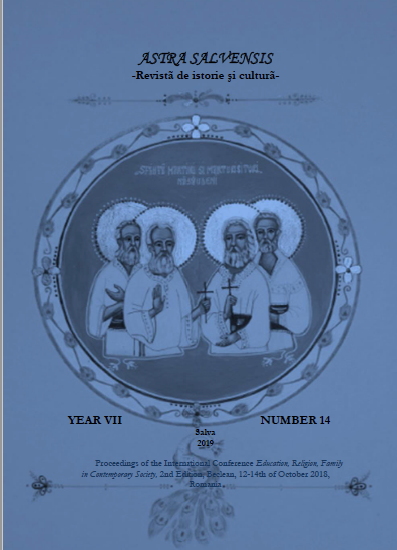Digital Literacy: From Multi-Functional Skills to Overcoming
Challenges in Teaching ESP
Digital Literacy: From Multi-Functional Skills to Overcoming
Challenges in Teaching ESP
Author(s): Ioana Mudure-IacobSubject(s): Language and Literature Studies, Foreign languages learning, Applied Linguistics
Published by: Asociaţiunea Transilvană pentru Literatura Română şi Cultura Poporului Român - ASTRA
Keywords: digital literacy; ESP; blended learning; digital tools; customised content;
Summary/Abstract: Teaching English for Specific Purposes through the lens of digital literacy isperceived as a contemporary educational conundrum, as it deals with various elements of permanentchanges. Focused on using technology and gadgets along the teaching-learning process, teachers andlearners require solid digital literacy skills to guide them through the blended learning formats. Theacquisition of language skills today is no longer a simple matter of learning and producing content inthe physical school environment, but rather, it has become an elaborate process of combining multipleskills (digital, literacy, visual, technological) and creating the most appropriate frameworks forcustomised learning. With the specificity of teaching ESP, the challenges that occur within thiseducational endeavour are many and complex, spanning from learners’ tailored needs to teachers’tech-saviness. It is therefore the purpose of the current paper to analyse some particularities of ESPteaching based on sharing digital skills, by indicating potential flaws and benefits along the way.The practical viewpoint will be rendered in a brief analysis of the most common and prolific digitaltools used to provide aid in teaching specific foundational language skills.
Journal: Astra Salvensis - revista de istorie si cultura
- Issue Year: VII/2019
- Issue No: 14
- Page Range: 59-70
- Page Count: 12
- Language: English

